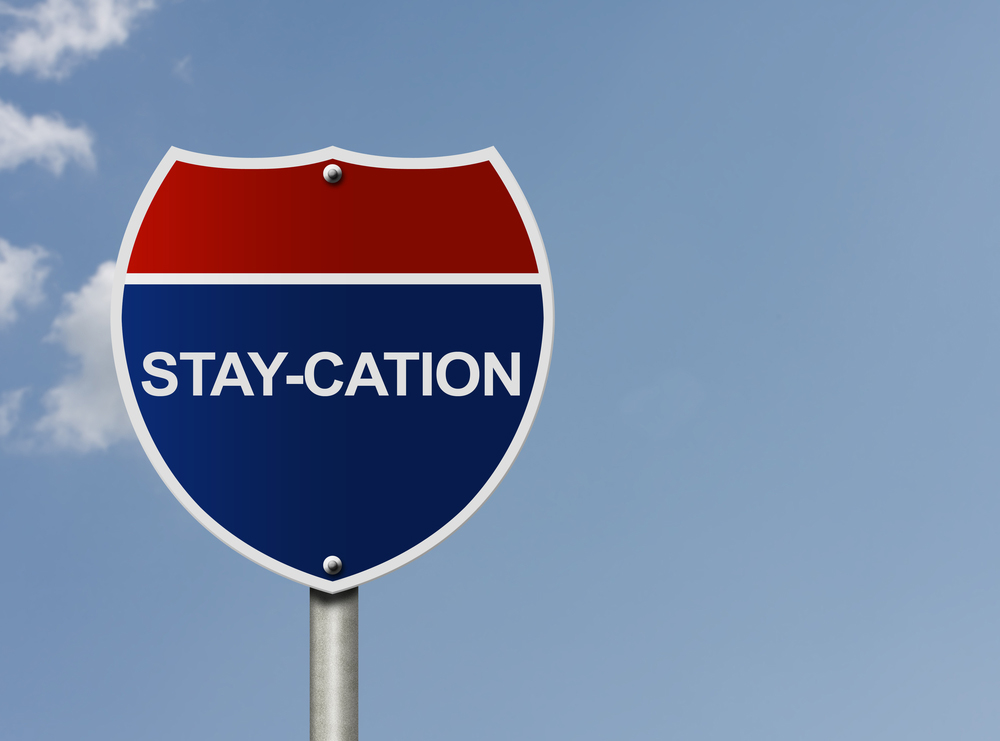The COVID-19 pandemic has brought unprecedented changes to all facets of our lives, especially our work. Employers have faced incredible challenges of rushed remote work arrangements, meeting new workplace safety requirements, staying abreast of legal and regulatory requirements, and returning employees to work in the safest way possible. Most HR professionals and managers must be thinking of how much they need a vacation!
Unfortunately, instead of beautiful beaches, outdoor adventures, or exotic locales, we are facing the realities of travel restrictions, social distancing requirements, and continued health fears. While we grapple with these issues, it’s starting to occur to managers that many employees have likely not taken vacation or other paid leave (unrelated to COVID-19) because they haven’t needed to do so.
Employees generally aren’t traveling, and many have been working at home, reducing the need for sick leave. As we head into the normally busy summer vacation season, large numbers of employees are staying home, while their paid leave banks continue to grow.
Why Does It Matter?
Let’s face it—accrual of paid leave isn’t the most significant problem employers have right now. That said, unused paid leave can cause headaches later.
For instance, if you have a “use-it-or-lose-it” policy regarding paid leave, employees may all seek to take time off in the fall, likely during Thanksgiving and Christmas. That will be hard or even impossible to accommodate for most employers.
If you have a policy that allows employees to carry over paid leave, you may be short-staffed next year when you are trying to recover economically from this year’s pandemic. Further, if you pay out unused paid leave upon separation from employment, you may have an increasing unfunded liability as a consequence of the growing paid leave banks this year.
What You Can Do About It
We are already in the middle of the calendar year, so the time to start addressing the problem is now. Fortunately, you have a few options available to you. One possible option is to require employees to use a portion of their paid leave by a certain time. For instance, you could advise them they are required to take at least 5 days of paid leave before September 30. Although they may not be thrilled about being forced to take leave, this will reduce the leave banks.
Another option is to pay employees for unused leave this year. This will compensate employees whose busy work schedules may not easily allow absence from work this year or prevent increased accrual of paid leave where carryover is permitted. As long as you properly compensate them through leave or payment for their earned paid leave, you have flexibility in how you address these issues.
Thinking Ahead
We all learn through experience. This is certainly true regarding personnel policies—we find shortcomings or identify issues when we encounter unexpected situations. Who would have thought we would ever see the closure of Walt Disney World or all of the National Parks for a period of months? This presents an opportunity, however, to review your leave policies. While you cannot take away previously accrued benefits, including paid leave, you can make changes prospectively if you give employees notice.
Some changes you should consider include limiting the amount of paid leave you provide, not allowing leave to accrue or carry over from one year to the next, and not paying out unused leave upon separation from employment.
Bottom Line
Vacation is typically one of the great highlights of the year for everyone. And there’s no question paid time off is an important benefit for your employees that allows them to rest and recharge. Our current pandemic situation has interfered with our lives on many fronts, ruined vacations being just one example.
Before you get into the juggernaut of every employee attempting to take vacation during the holiday seasons in November and December, however, you should develop proactive solutions to the paid leave that is adding up daily while folks have no place to go.
Susan Llewellyn Deniker is an attorney with Steptoe & Johnson PLLC in Bridgeport, West Virginia. You can reach her at susan.deniker@steptoe-johnson.com.

